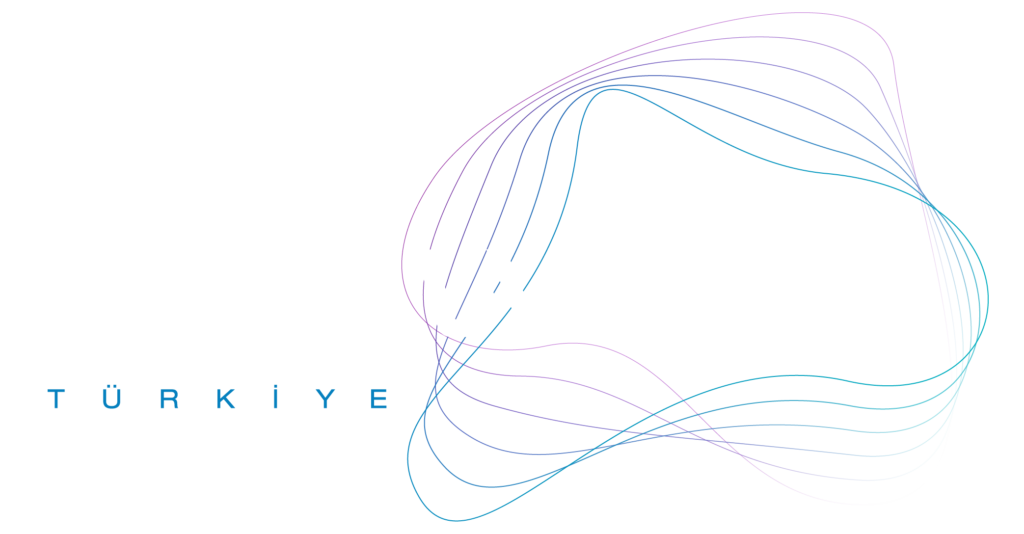The Total Oxidation (TOTOX) value in omega-3 supplements is a critical measure of the oxidation level of these products. A lower TOTOX value indicates a higher quality of omega-3 supplement, with reduced levels of oxidation. The oxidation of omega-3 fatty acids can lead to the formation of harmful compounds that can negate the beneficial effects of these supplements.
Studies like those conducted by Kwon et al. (2020) and Pasini et al. (2022) have focused on assessing the lipid quality and oxidative stability of commercial omega-3 supplements, underlining the importance of monitoring TOTOX values. These studies reveal that higher oxidation levels in omega-3 supplements can not only diminish the health benefits but also potentially pose health risks due to the formation of oxidative by-products.
The research by Bannenberg et al. (2017) on the omega-3 content and oxidation state of fish oil supplements in New Zealand emphasizes the importance of choosing supplements with lower TOTOX values. Lower TOTOX values in omega-3 supplements ensure that the consumer is getting the maximum health benefit, such as improved cardiovascular health and anti-inflammatory effects, without the risks associated with oxidation.
Conversely, low-quality fish oil supplements with high TOTOX values can lead to the intake of oxidized lipids, which are associated with various health risks, including increased inflammation and oxidative stress in the body. Therefore, it is crucial for consumers to consider the TOTOX value as a key quality indicator when selecting omega-3 supplements.
In conclusion, the TOTOX value is an essential measure for assessing the quality and safety of omega-3 supplements. Choosing supplements with lower TOTOX values ensures the intake of high-quality, beneficial omega-3 fatty acids, while minimizing the risks associated with oxidation.
References
Kwon, H. J., Yun, H. C., Lee, J. Y., Jeong, E. J., Cho, H. N., Kim, D. Y., … & Kang, J. M. (2020). Oxidative stability of omega-3 dietary supplements according to product characteristics. Analytical Science and Technology, 33(5), 215-223.
https://doi.org/10.5806/AST.2020.33.5.215
Pasini, F., Gómez-Caravaca, A. M., Blasco, T., Cvejić, J., Caboni, M. F., & Verardo, V. (2022). Assessment of lipid quality in commercial omega-3 supplements sold in the french market. Biomolecules, 12(10), 1361.
https://doi.org/10.3390/biom12101361
Bannenberg, G., Mallon, C., Edwards, H., Yeadon, D., Yan, K., Johnson, H., & Ismail, A. (2017). Omega-3 long-chain polyunsaturated fatty acid content and oxidation state of fish oil supplements in New Zealand. Scientific reports, 7(1), 1488.
https://doi.org/10.1038/s41598-017-01470-4

